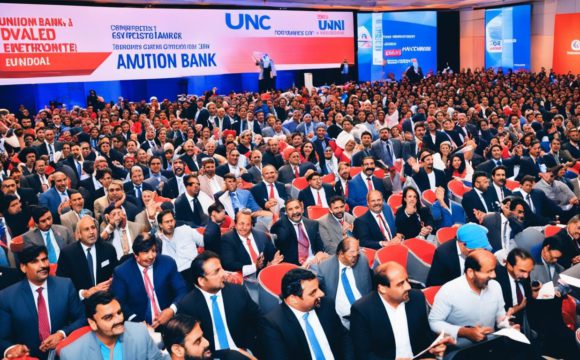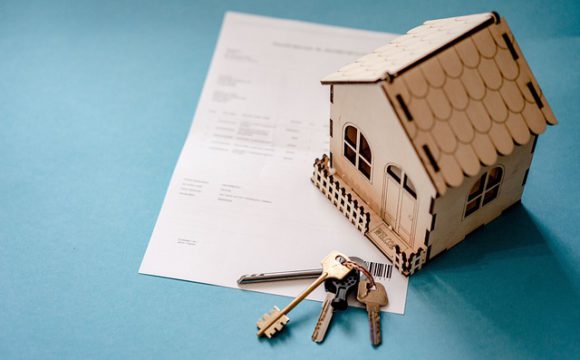As a homeowner in India, it’s vital to understand home residence tax obligation. This tax obligation is on homes and assists fund neighborhood services and facilities. We’ll cover what building house tax obligation is, how it’s calculated, that pays it, and exceptions and deductions.
Whether you’re acquiring your initial home or own several, knowing about home residence tax obligation is crucial. It helps you handle your money better and comply with the legislation. By the end, you’ll understand everything about this integral part of owning residential or commercial property in India.
Comprehending Residential Or Commercial Property Home Tax
Property residence tax, likewise referred to as “real estate tax” or “house tax,” is a crucial local tax. It is charged on both homes and businesses. The primary objective is to aid local governments make money. They utilize this money to boost and keep public services and infrastructure.
Interpretation and Objective
This tax obligation relies on the home’s area, dimension, age, and value. City governments set the tax obligation rates. They ensure the cash goes towards making the community better.
Tax Computation Approaches
How home residence tax is determined can alter based on where you live and regional guidelines. Typically, it’s a specific price on the residential or commercial property’s evaluated worth. This value takes a look at the home’s dimension, age, and what comparable residential or commercial properties sell for nearby.
It is necessary for property owners to understand about residential property residence tax. This helps them handle their taxes well and pay the correct amount. By remaining informed, house owners can also use any kind of tax breaks or reductions they might be qualified for.
That Pays Building House Tax Obligation?
In India, the building home tax is generally paid by the homeowner. This consists of individuals, business, or counts on. Landlords that rent their homes have to also pay this tax obligation. THey can include the tax obligation to the rent they accumulate from occupants.

Those who possess the property legitimately are tje ones that pay tjhe real estate tax. This applies to both homes adn service homes. The tax quantity differs based upon the residential property’s location, size, age, and usage.
It is essential for property owners in India to understand their tax obligation tasks adn pay on time. Not paying the tax obligation can cause penalties, additional rate of interest, and also losing the residential property. By keeping up iwth tax obligation guidelines, proprietors can prevent lawful problems and maintain exellent connections with local authorities.
Property Residence Tax Obligation Exemptions and Reductions
The Indian government supplies exemptions anbd deductions for home tax obligation. These can reduce your tax obligation costs. They depend on your home’s details and if you fulfill specific criteria.
Eligibility Requirements
Some homes do not pay real estate tax in all. These consist of government-owned properties or those made use of for charity. You may also obtain reductions if your property is old, your earnings is reduced, or the building has an unique usage. You should meet certain guidelines to get these benefits.
Paperwork Demands
You’ll need to provide files to declare your tax obligation exceptions and reductions. This could be evidence of possessing the home, information on just how it’s utilized, or proof of your revenue. Having thge best records prepared can make making an application for tax relief much easier.
Comprehending property tax exceptions adn deductions can help decrease your tax costs. It’s good for home owners and proprietors to check out these alternatives. It can help manage your taxes better.
Computing Your Home House Tax Obligation Liability
Determining how much property home tax obligation you owe includes a number of important aspects. These consist of the area, size, age, and market price of your residential or commercial property. Recognizing these aspects assists you plan and allocate your tax obligations.
Factors Impacting Tax Quantity
The area of your building greatly influences your tax obligation rate. Characteristic in locations withh high land worths or in popular communities usually pay more tax obligations. The size, age, and condition of your home additionally play a large role.
The current market price of your property is essential as well. Authorities make use of current sales of similar residential or commercial properties close by to set a reasonable worth. This assists ensure your tax obligation is based on a sensible evaluation of your home’s worth. Comprehending these aspects aids you manage your building home tax much better.
FAQ
What is the interpretation and function of property home tax obligation?
Residential property residence tax, likewise called “property tax” or “home tax,” is a tax by the federal government on homes andd businesses. It assists fund regional solutions and infrastructure.
Just how is residential or commercial property residence tax calculated?
The tax obligation is based on the residential or commercial property’s place, dimension, age, and worth. City governments set the tax rates.
Who is responsible for paying property house tax obligation?
In India, the property owner pays the tax. This includes individuals, companies, or counts on. Landlords likewise pay and might add the tax to lease.
What exemptions and reductions are offered for residential or commercial property residence tax obligation?
India supplies exceptions and reductions for real estate tax. Some residential or commercial properties, like government-owned ones, are excluded. Taxpayers can alsot get deductions based upon property age, earnings, or usage. They must offer documents to declare these.
What aspects affect the amount of building residence tax obligation I owe?
Your tax depends on the residential or commercial property’s place, size, age, adn value. Neighborhood tax obligation rates also play a part. Recognizing these variables helps with budgeting.





